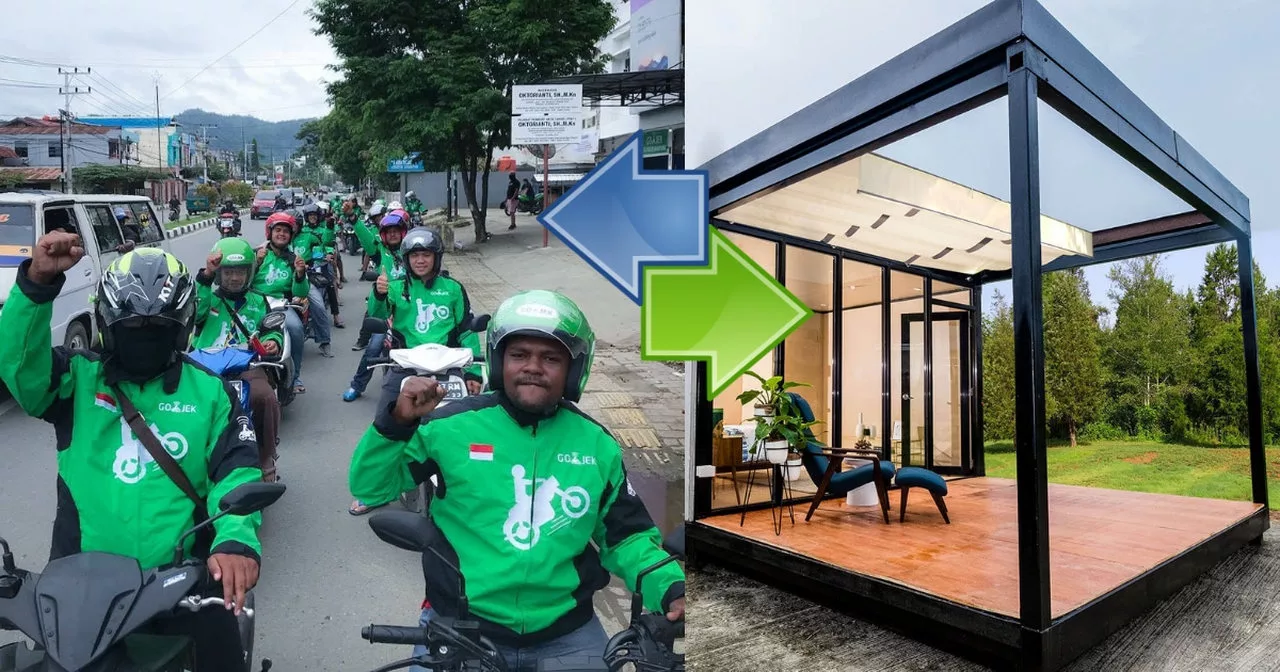by Coconuts Jakarta
Jakarta-based transportation technology startup Go-Jek encountered a major roadblock in their bid for regional domination recently when a Filipino government agency denied the Indonesian unicorn entry into its country’s market for violating laws on foreign ownership. But an Indonesian minister has offered a unique deal to resolve the issue that some are calling a “unicorn swap”.
Indonesia’s minister of communication and information technology, Rudiantara, has taken up Go-Jek’s cause and is lobbying the Philippines to relax their rules for Go-Jek — the reason being that Go-Jek’s presence in other countries will indirectly contribute to Indonesian foreign exchange.
At a seminar called ‘Outlook 2019’ on Tuesday, Rudiantara suggested that a Filipino unicorn could be given entry into the Indonesian market if Go-Jek was given a green light in the Philippines.
“There’s only one requirement, that Go-Jek be allowed into Manila, Philippines,” he said as quoted by Katadata.
Rudiantara specifically mentioned Revolution Precrafted, a developer of prefabricated designer homes that became the Philippines’ first unicorn after its series B funding round in 2017 led to the company being valued at over US$1 billion.
It’s not the first time Rudiantara has discussed his interest in getting Revolution Precrafted to enter Indonesia. In August of last year, he told Reuters that he had spoken to his Philippine counterpart to offer help in having the country expand to Indonesia.
“I told them we need to build millions of houses in the country, why don’t you come to Indonesia soon, I will facilitate,” Rudiantara said, although he did not offer more concrete details on what sort of assistance he had offered.
No go for Go-Jek yet
The Philippines’ Land Transportation Franchising and Regulatory Board (LTFRB) denied Go-Jek entry into the country’s market because its local subsidiary Velox Technology Philippines violates laws on foreign ownership in public utility franchises, Rappler reported.
The no-go came from the LTFRB’s pre-accreditation committee, the first level a Transport Network Company like Go-Jek must pass through to get accredited.
LTFRB Chairperson Martin Delgra confirmed this decision to Reuters yesterday.
According to Delgra, Velox Technology Philippines “did not meet the citizenship requirement and the application was not verified in accordance with our rules.”
Section 11 Article XII of the Philippine Constitution states that at least 60 percent of a public utility’s capital must come from Filipino citizens.
Rappler reported that Velox Technology Philippines’ article of incorporation states that it is 99.99 percent owned by its parent company Velox South-East Asia Holdings, a company based in Singapore.
Go-Jek has not published a statement on the LTFRB’s decision but told TechCrunch that they had not given up on their plans to expand to the Philippines.
“We continue to engage positively with the LTFRB and other government agencies, as we seek to provide a much-needed transport solution for the people of the Philippines,” a representative told the website.
Word of Go-Jek’s expansion got out as early as April last year. Apart from the Philippines, it also plans to enter Singapore and Thailand. It is already present in Vietnam.
The Philippines’ ride-hailing app market is currently dominated by Grab, which acquired Uber’s services in Southeast Asia in March last year.


Leave a Reply